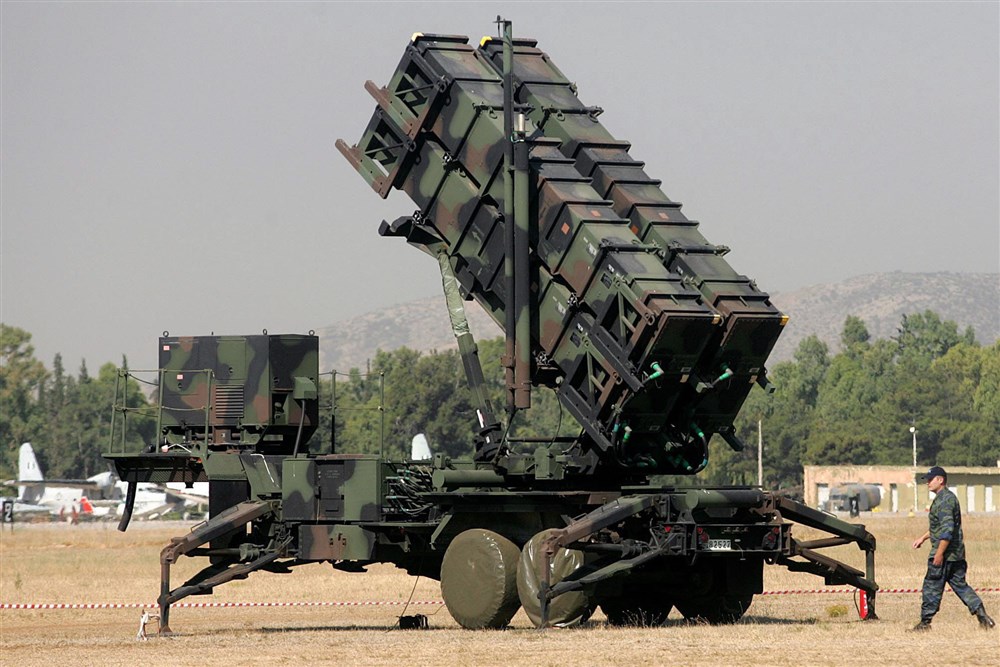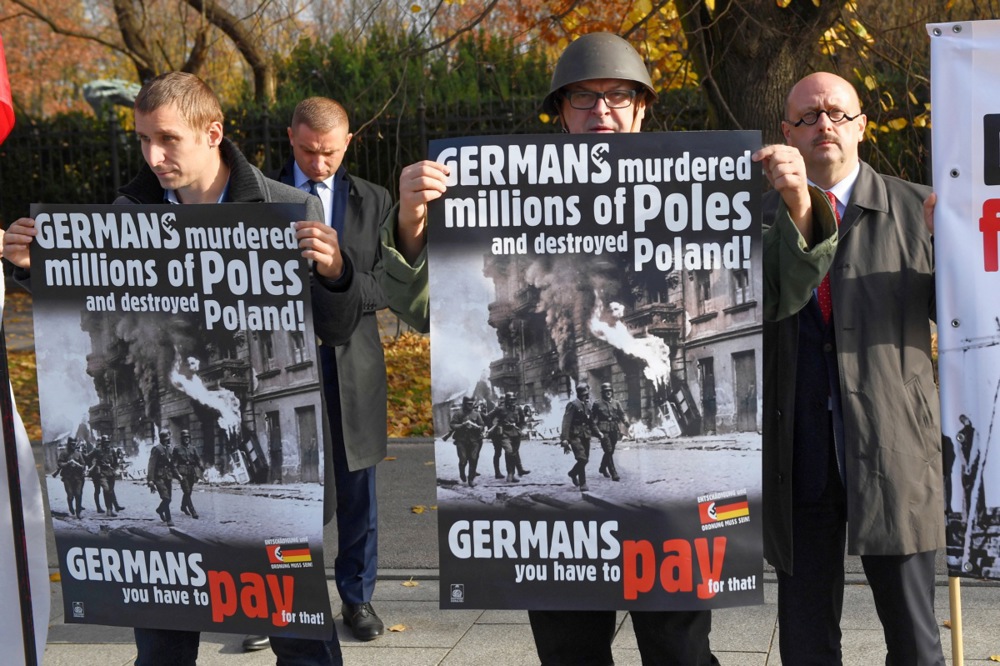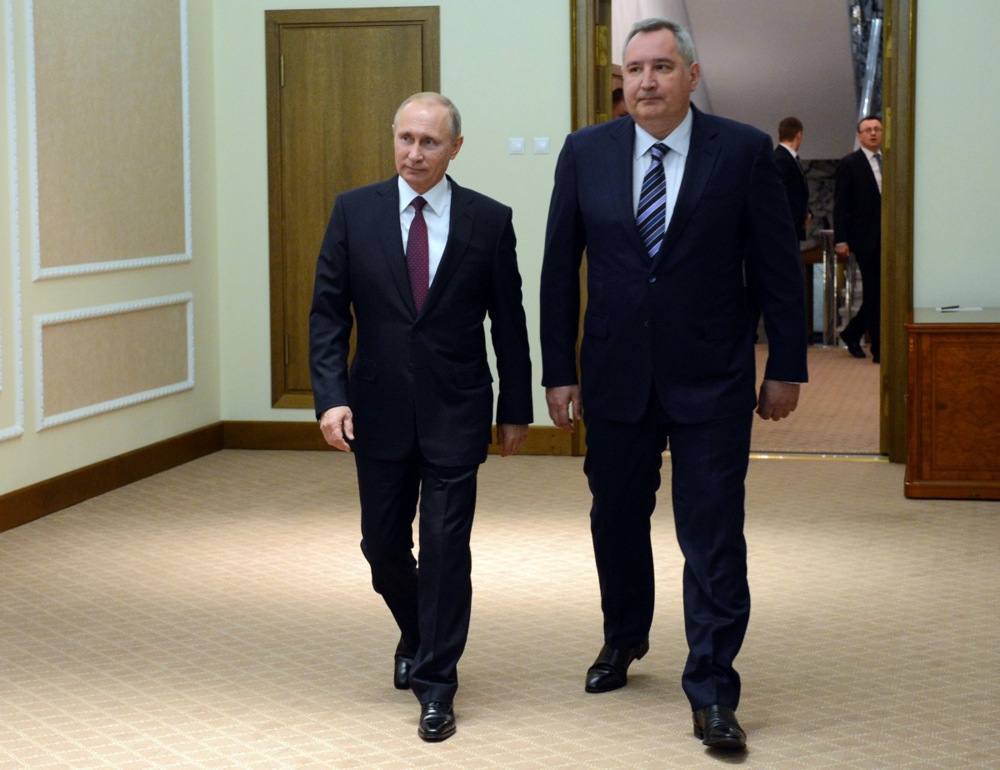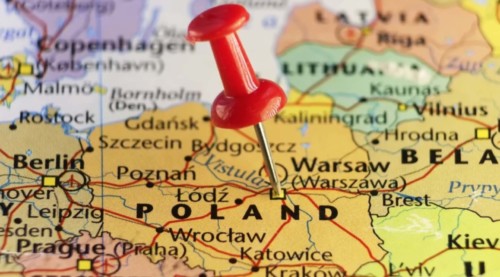Poland under the Donald Tusk-led Government looks set to prioritise co-operation with Germany and France over its alliance with the US.
Warsaw has signalled that it sees proposals to develop European Union defence initiatives as key for national and bloc-wide security.
Leading Polish daily Rzeczpospolita on February 7 reported that foreign minister Radosław Sikorski will tell his counterparts from France and Germany in the tri-nation Weimar Triangle alliance that Poland is keen to develop EU defence initiatives.
That, he said, is because it fears the US, regardless of whether former president Donald Trump or current President Joe Biden wins this year’s election, cannot be “relied upon” to defend Europe should it be needed.
On February 12, both Tusk and Sikorski will visit Paris with Tusk meeting French President Emmanuel Macron and Sikorski attending the Weimar Triangle gathering of foreign ministers in what is seen as a sign of the re-emergence of close relations with both France and Germany.
The previous Conservative (PiS) Polish government was sceptical about European defence initiatives and was heavily invested in strengthening the alliance with the US. That was particularly in reference to security and energy issues.
At the same time, it was at odds with Germany and the European Union establishment as a whole over migration, climate policy and the rule of law.
During a press conference on February 6, Sikorski said the Weimar Triangle meetings were Poland’s “ticket to the circle which takes decisions inside the EU” from which Poland had, according to him, been excluded under the PiS administration.
Sikorski, who is a supporter of the €100 billion European Defence Fund, also said EU defence strategy represented Poland’s “third insurance policy” behind its own military and NATO.
He admitted that Ukraine’s situation was increasingly concerning because of the blocking of American aid in Congress. He said if this did not change, “Poland and Europe will be faced with the dramatic choice of either doubling EU aid or allowing [Russian President Vladimir] Putin to win the war”.
That seemed to be a hint that Poland would, in such a situation, be prepared to ramp up military assistance to the Ukrainians.
“Ukraine cannot lose this war and Putin must not be allowed to take it over as he will then use its industry and manpower to go further,” concluded Sikorski.
According to Rzeczospolita’s Jędrzej Bielecki, the new Polish Government is convinced that “Washington is focused on its ‘power play’ with China and, even if Trump loses the presidential election, America’s interest in European affairs will wane”, citing the dispute over aid for Ukraine in Congress as evidence for the trend.
Bielecki said he believed that both Germany and France are currently ready to treat Poland as a partner that has succeeded in resisting what Berlin and Paris see as nationalist populism, something they are facing in their own countries.
Rzeczpospolita speculated that the price for Warsaw getting a “seat at the top table” in the EU may involve putting issues such as German reparations for Second World War damage on the backburner.
In addition, it may need to offer a readiness to consider limiting the EU Member States’ right of veto over foreign and security policy and for Warsaw to be willing to award future arms and atomic power contracts to France and Germany.
Aleksandra Rybińska, who writes on European affairs for weekly Sieci and portal wPolityce.pl, told Brussels Signal the Government was “playing to its own electoral gallery” with the argument of “returning to the hardcore of the EU”.
She said she felt that both Germany and France wanted to use the war in Ukraine to “scare Central Europe into supporting a centralised EU – or the region will wake up as part of Russia”.
Rybińska argued that the prospect of an EU defence policy was a “mirage” and one that has been discussed since the 1960s.
“There will be no common EU defence policy. Germany and France are arguing about who supports Ukraine more and Belin has forced Italian Prime Minister Goergia Meloni to block the sale of the Italian arms concern Microtecnika to France’s Safran because the Italians produce spare parts for the German Eurofighter jets and Belin doesn’t want the French to take control over them,” Rybińska said.
She added: “This doesn’t bode well for joint defence initiatives such as the European tank or the European air defence, which [German] Chancellor Olaf Scholz [says] is too expensive, so its money down the drain.
“All these appeals for arming Europe will not help in defending against Russia”, should America withdraw its support, she said.
Rybińska said she backed the view of the last PiS government that “there is no alternative to the US in the shape of Germany and France”.
“There will be no ‘strategic autonomy’, only further attempts to force ever closer union presenting it as the only alternative to Trump’s isolationism,” she concluded.





